Our experienced Consultancy team offer support from the inception of a project. We will identify and manage heritage issues to inform project design and minimise cost.
The key to managing heritage risk is to consider the implications that heritage can have as early as possible in the development process.
The best time for this is often before a client has even purchased land earmarked for development or during master planning.
PCA recommends the early risk approach because it enables our clients to:

